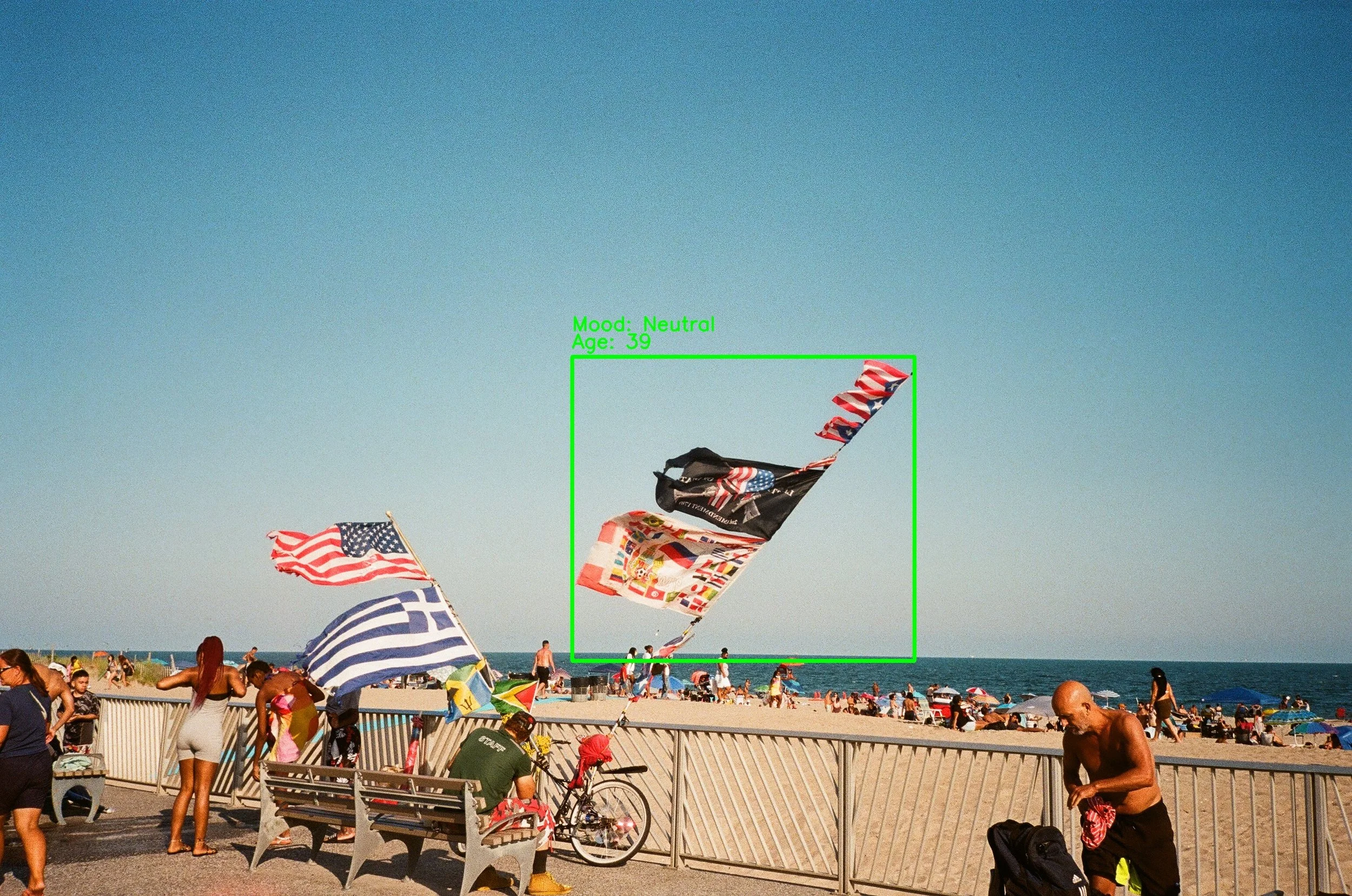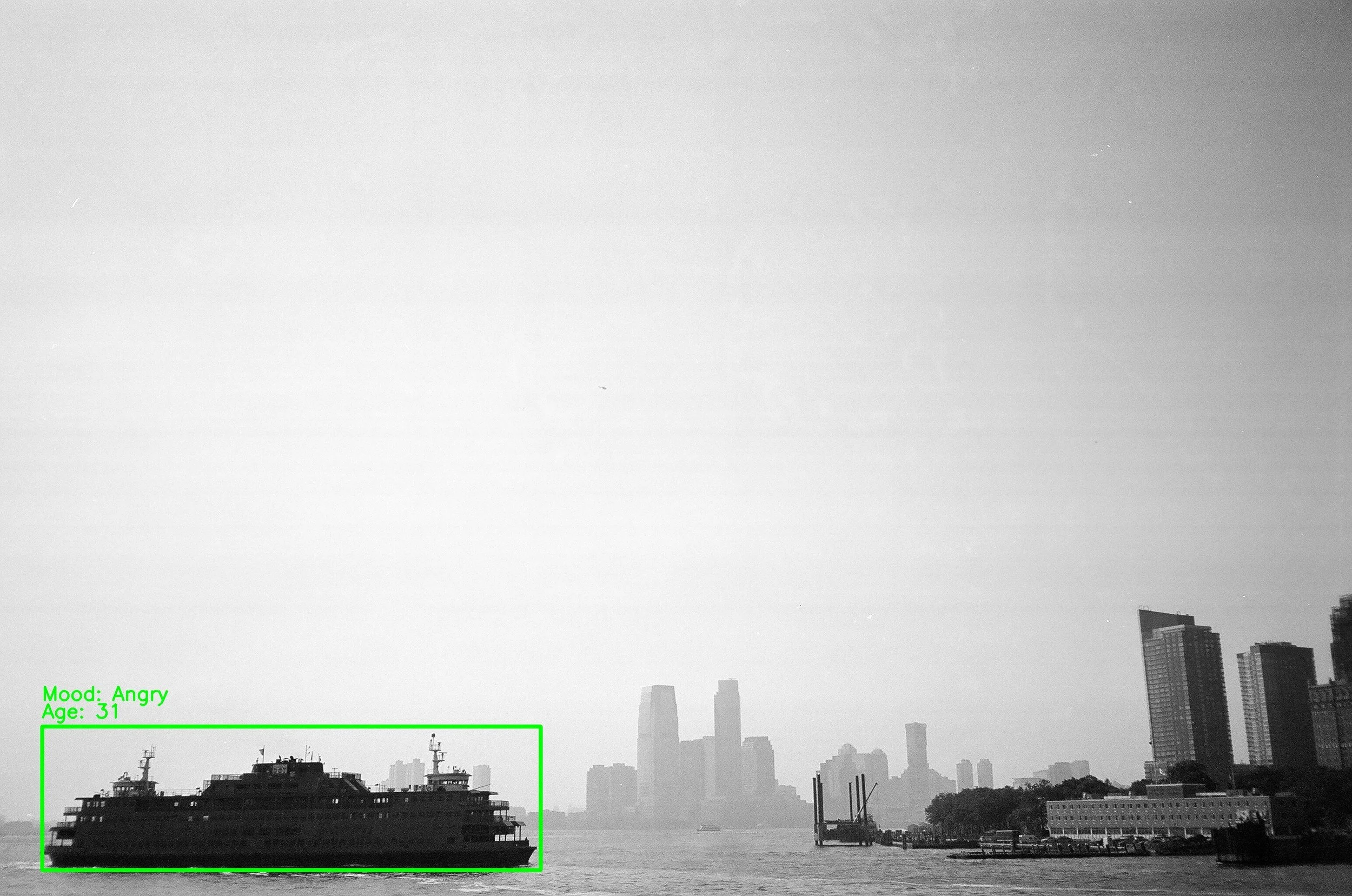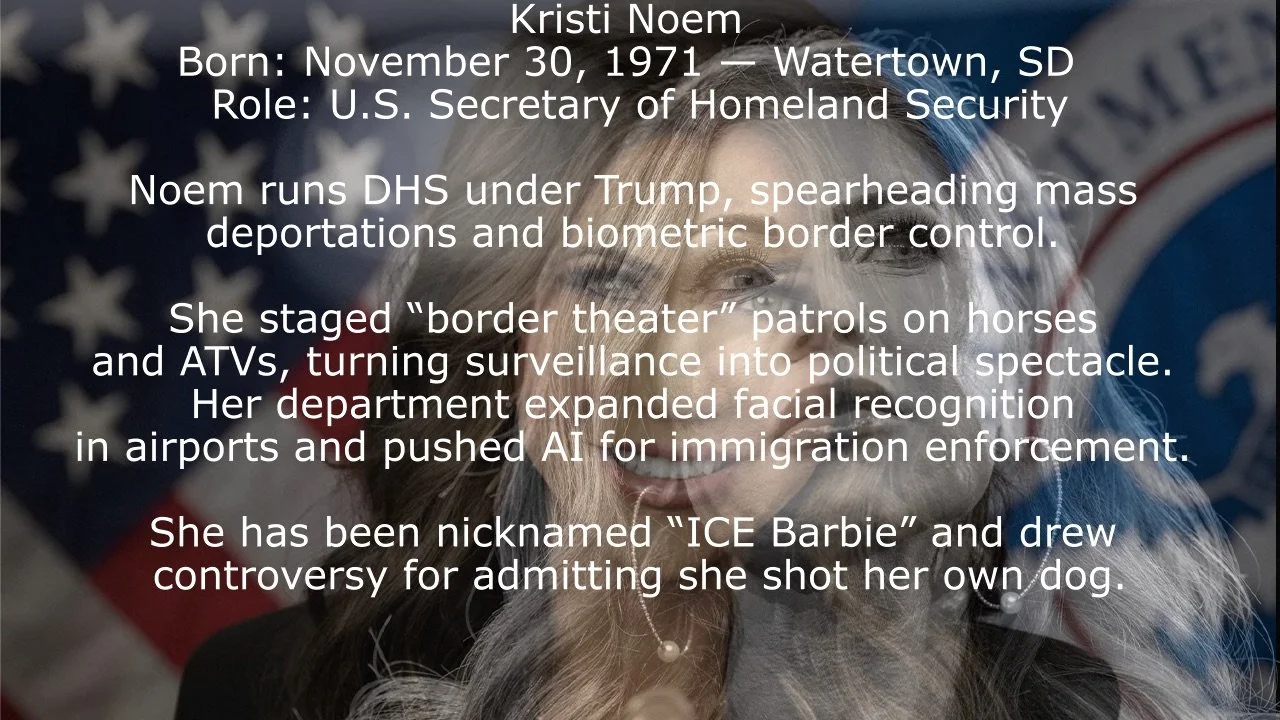
Camilo Salas
Camilo Salas (he/him) is a New York City–based Chilean multidisciplinary artist, filmmaker, and journalist.
Based in the US since 2013, Salas has exhibited in group shows including Jukebox of Dissonance (NYC), Prismas Project (São Paulo and Brooklyn), Overdrive (NYC), and Novelty1 (Brooklyn), among others. In 2024, he was a resident at the Woodward Residency in Brooklyn, NY.
His debut short documentary, A Socialist Dream, was selected for the 2024 CUNY Film Festival in New York. His follow-up, Computer Vision, was part of the Official Selection at the 2025 Films of the Future Festival in Santiago, Chile. The film also screened in Berlin, Germany, and was featured in the 2025 Visions du Réel Film Market in Nyon, Switzerland.
His practice explores technology, surveillance, and society, often reflecting on our role in confronting and resisting the systems that govern contemporary life. His work provokes questions about freedom, autonomy, and the ethics of AI-driven oversight.
Self-Surveil Station, 2025
Installation, Prints on Photographic Paper
Camilo Salas’s interactive installation Self-Surveil Station places the viewer in the role of the surveiller: seated at a desk, facing multiple screens that mimic a control room. But the system is inverted — instead of watching others, the cameras point back at them. As soon as the audience steps in front of the installation, they are confronted with a series of live video feeds of themselves. Their bodies and faces are captured and processed in real time by a variety of systems that detect biometric traits. The installation reveals the subtle threat of constant digital observation, where being looked at becomes an act of vulnerability.
Presented alongside this is a second piece: a face-matching algorithm that compares the viewer’s face to a curated database of tech moguls, surveillance capitalists, and enforcers. The system identifies the closest match and displays the viewer’s percentage of similarity, along with a brief description of how that individual has influenced global surveillance practices.
Self-Surveil Station reflects on power and resemblance, prompting viewers to meditate on whether simply being observed — even unknowingly — ties them to the mechanisms of surveillance.
The installation also features a series of 35mm photographs taken by the artist across New York City. These analog street images are run through a custom object-recognition pipeline. Misapplied to urban textures and architecture, the system assigns moods, ages, and identities to inanimate objects, revealing the absurdities and blind spots in how computer vision interprets the world.
Together, these works invite viewers to reflect on how surveillance technologies see, mis-see, and implicate us all.
Exhibitions



